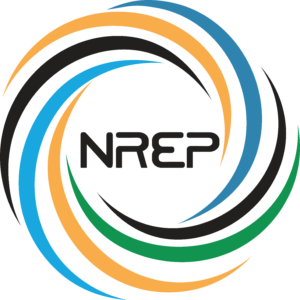The National Renewable Energy Platform (NREP), in collaboration with the Ministry of Energy and Mineral Development (MEMD), implemented the Behavioral Change Communication for e-Cooking Project (BCCeC). This project conducted a week-long outreach campaign in Lira City from June 16th to June 20th, 2025. Funded by the UK’s Foreign Commonwealth and Development Office (FCDO) through the Modern Energy Cooking Services (MECS), the initiative aimed at accelerating the adoption of electric cooking technologies with a particular focus on electric pressure cookers in Uganda, as an alternative to traditional biomass fuels like charcoal and firewood. Activities included a one-day stakeholder workshop, a public exhibition, live cooking demonstrations, and community engagement. The event was attended by several stakeholders including government (policy makers, police force, city council), academia and the media among others. This initiative aimed to engage key stakeholders in the adoption of electric cooking technologies, ultimately contributing to a cleaner environment, improved public health and a sustainable future for Uganda.
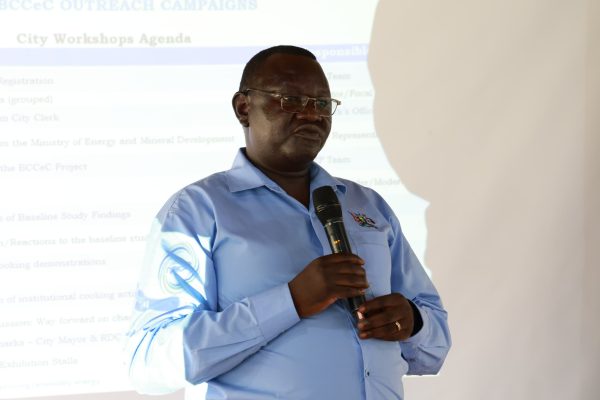
Key Highlights and Observations
The Clean Cooking Campaign in Lira City brought together key stakeholders to promote the adoption of electric cooking technologies. Here are the key highlights and observations:
Speakers and Key Points:
- Vicent Okurut Town Clerk Lira City: Emphasized the importance of clean cooking in addressing climate change and promoting public health, and encouraged attendees to become ambassadors for clean cooking.
- Mariah Kizza (NREP): Highlighted the importance of the Clean Cooking Campaign in advancing sustainable energy access and reducing environmental degradation, and emphasized NREP’s commitment to supporting local governments and communities in transitioning to clean energy.
- Jackline Namaadi (UNACC): Cautioned users about proper EPC usage and safety features, and encouraged participants to explore available clean cooking technologies and become advocates for clean energy adoption.
- Kiiza Johnson (UEDCL): Explained the dedicated cooking tariff, highlighting its benefits and providing tips on managing electricity consumption to reduce costs.
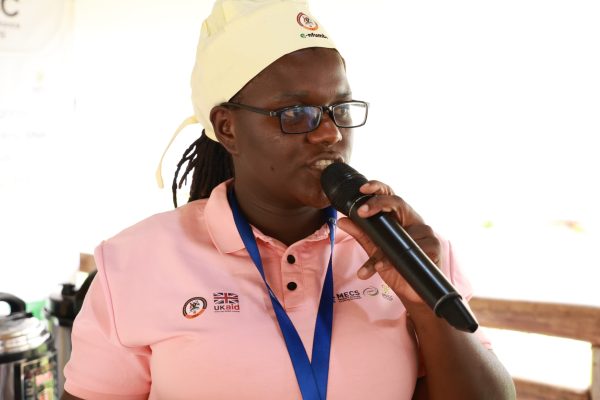
Key Highlights:
- The campaign aims to promote clean cooking technologies and reduce reliance on traditional biomass fuels.
- Stakeholders emphasized the importance of multi-stakeholder collaboration and effective partnerships in supporting clean energy transitions.
- The media fraternity is actively engaging with leaders and stakeholders to capture and amplify the campaign’s messages.
Overall: The Clean Cooking Campaign in Lira City marked an important step towards promoting sustainable energy access and reducing environmental degradation. With the support of key stakeholders and the media, the campaign is poised to make a significant impact in the region.
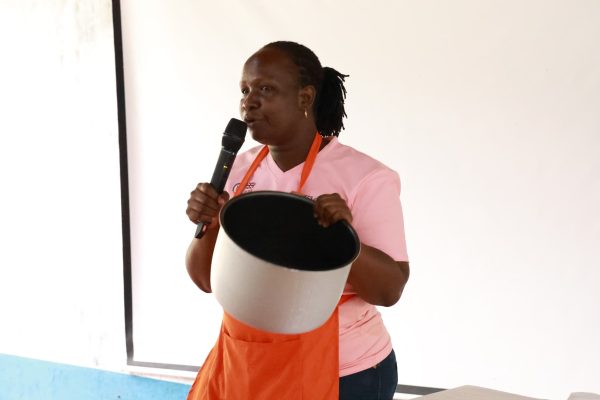
Key Challenges and Lessons Learned
Key Challenges
- Limited awareness and adoption of clean cooking technologies;
- High upfront costs of electric cooking appliances;
- Need for behavioral change towards sustainable cooking practices;
- Electrical safety and usage concerns.
Lessons Learned
- Multi-stakeholder collaboration is crucial for successful clean energy transitions
- Evidence-based interventions and policymaking can inform targeted solutions
- Public awareness and advocacy are essential for driving adoption of clean cooking technologies.
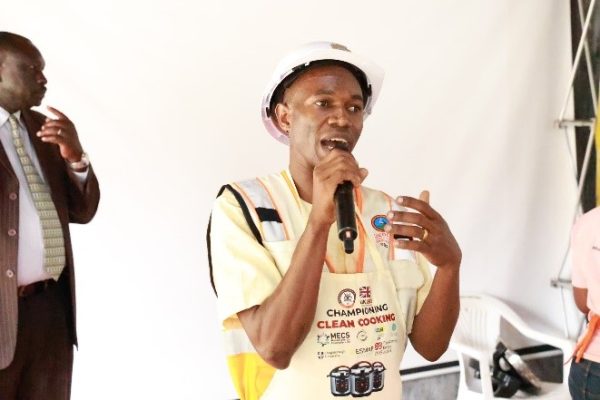
Conclusion
The Clean Cooking Campaign in Lira City has sparked a crucial conversation about sustainable energy access and environmental protection. By embracing clean cooking technologies, we can mitigate climate change, improve public health, and promote sustainable development.
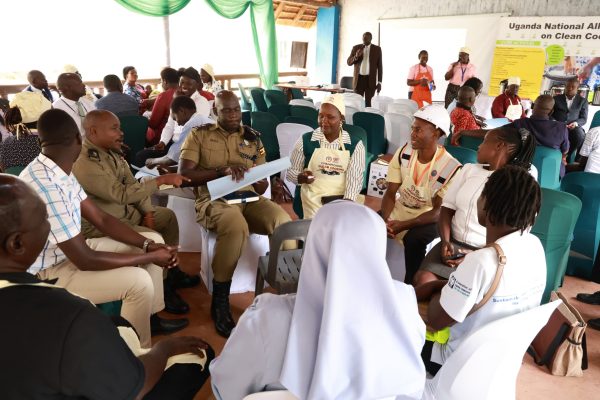
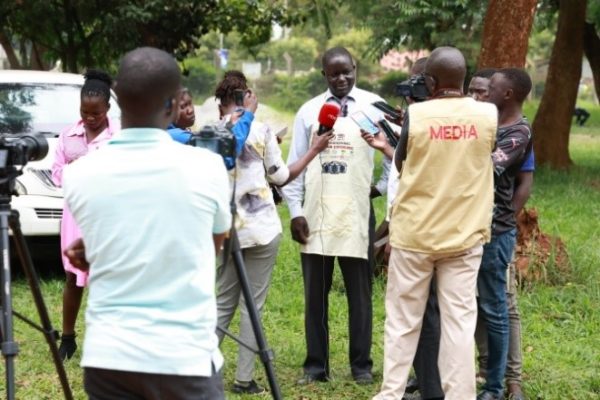
Next Steps:
Moving forward, stakeholders will continue to collaborate, advocate, and implement strategies to drive the adoption of clean cooking technologies. The campaign’s momentum will be sustained through ongoing media engagement, community outreach, and policy support. Together, we can create a cleaner, healthier, and more sustainable future for all.


